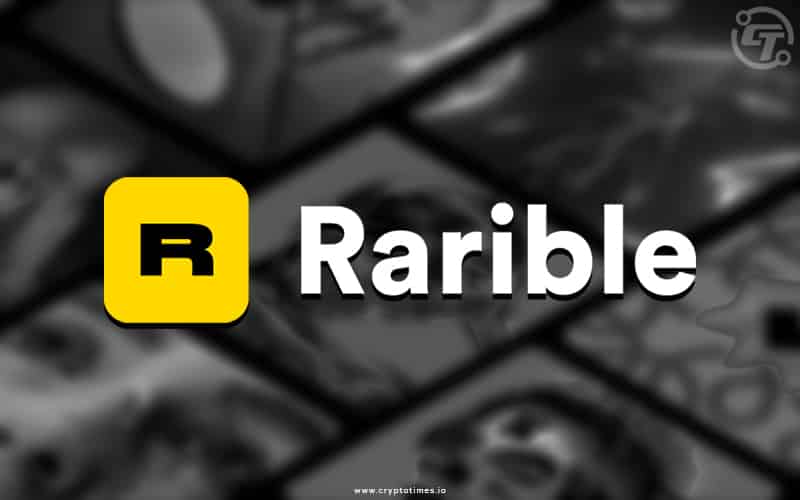In Brief:
- A new order management tool developed to assist battle dubbed “risky sale orders” on OpenSea.
- The tool will categorise the sale in two types of order named Active Sale and Inactive Sale.
- Rarible aggregated sale orders from Opensea to be the most liquid multi chain NFT marketplace.
Rarible, an NFT marketplace, temporarily rejected orders from OpenSea and published a series of tweets on Thursday, describing how it expects to use a new order management tool to assist battle what it dubbed “risky sale orders” on OpenSea.
OpenSea users have spotted a bug since the end of December 2021, which allows assets to stay for sale on Rarible even after they have been relocated to another wallet.
“Aiming to be the most liquid multi chain NFT marketplace, we started to aggregate sale orders starting from OpenSea.” claimed the tweet.
Even if they cancel an OpenSea order by transferring the asset to another wallet, the tool shows the two types of orders: Active and Inactive. It is designed to enable users to distinguish between active and inactive orders, preventing their NFTs from being sold in error.
“When you move your thing out, the order can’t be fulfilled anymore,” Rarible explained. “But when the item gets back to your wallet, the order becomes active again on-chain. The secure way to remove a listing is to cancel it on-chain.”
According to DappRadar, Rarible is currently the ninth largest NFT market. Rarible is a popular NFT marketplace with a current all-time NFT trading volume of $277.9 million since launch.
To eliminate confusion regarding whether assets are genuinely for sale, the Rarible tool displays the commands as active or inactive. “Active orders are pending at the moment and require the majority of your attention,” Rarible noted in a Tweet, while “inactive orders are orders that will become active if the NFT returns to your wallet.”
Rarible now supports three blockchain networks including Ethereum, Flow, and Tezos. Last year in December Rarible announced its integration with Tezos, a proof-of-stake blockchain to support the Tezos based NFT sales.






